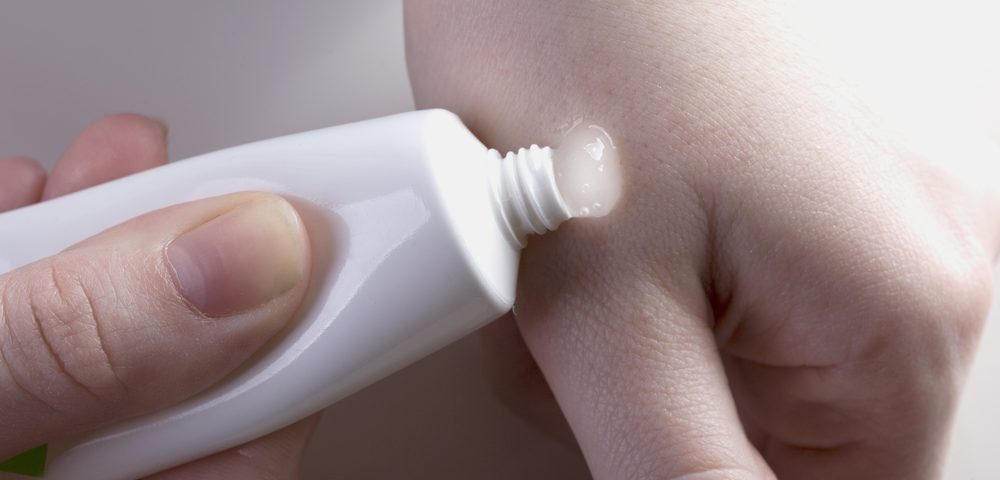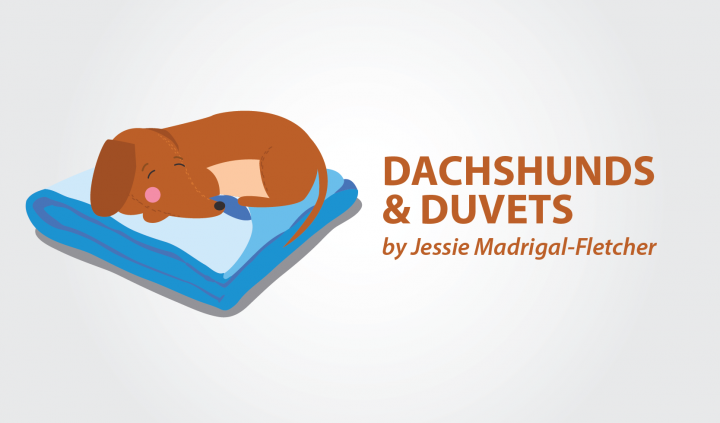Part two in a series. Read part one here.
Life with endometriosis almost inevitably leads to looking further afield for ways to manage an illness that currently has no cure. Although supplements are no substitute for a good diet, in certain cases, we can’t get everything we need through food. If like me, you have made dietary changes due to endometriosis, there are things you want to make sure to include for a healthier, happier existence.
Last week, I wrote about some supplements and natural remedies that can help with endometriosis symptoms. Today I’m going to write about skin matters.
Many endometriosis patients suffer from some form of acne, and many others complain about a tired complexion. If your hormones are out of balance, hormonal acne will be a long-term companion. If you bleed excessively during your period, you may look as though all color has drained from your system. Lack of sleep due to chronic pain will also take a toll.
I have all of the above. I know I’m having a good old flare-up just by looking in the mirror and smiling at the undead creature grinning back at me. Fear not, there are some things you can do to try and improve all of this:
For more amino acids and a youthful interior: collagen
If there’s one word that sounds both scary and confusing, it’s perimenopause. I don’t recommend looking up “endometriosis and perimenopause” after a second glass of wine, like I did. Convinced I had all of the symptoms, I ugly-cried, mourning the slow death of my insides. Perimenopause can begin eight to 10 years before menopause. Ovaries gradually produce less estrogen and menopause symptoms can occur even when there’s still a period and the possibility of getting pregnant. In short, it means your body is getting older.
Some people recommend taking collagen as a supplement. The theory goes that collagen is a source of amino acids (arginine, glutamine, glycine, and proline). Amino acids contribute to the production of healthy hormone levels, and the boost in collagen will result in stronger hair, and healthier joints and skin. Admittedly, some people claim that taking collagen supplements will do nothing more than strengthen your nails. Collagen is also not vegetarian, as it generally comes from fish scales and other animal origins. Alternatives exist, such as silica (a collagen builder) or vegan collagen alternatives.
For fatty acids and happier skin: flaxseed oil
Also known as linseed oil, flaxseed oil is rich in essential fatty acids. It can help with skin dullness and even acne. Supplements rich in omega-3 can rebuild and nourish cell membranes resulting in plumper, healthier-looking skin. These oils also have calming and anti-inflammatory properties. Evening primrose oil has gamma-linolenic acid (GLA), another anti-inflammatory fatty acid worth checking out.
The non-veggie alternative would be fish oils found in sardines, mackerel, tuna, and salmon, among others.
When it comes to skin, it’s also worth considering what we consume daily, and that may not be good for us. I’m looking at you, dairy.
Dairy is a prime suspect when it comes to skin issues.
Apart from being charged with hormones your skin may not like, dairy’s fat content makes it a prime candidate for clogging up your pores. It’s also full of sugars, which are bad for your face’s collagen reserves and excellent food for spots.
For endometriosis sufferers who have already given up bread, quitting dairy can be another challenging life change. Take me, for instance. I’ve always been a devourer of ice cream tubs, with the ability to unashamedly down milkshakes in one go. Cheesy foods are my favorite — grilled-sandwich anyone? And for a long time, I remained extremely reluctant to forego my routine morning latte. But I am also fortunate enough to live in a part of the world — right next to the world’s hipster capital — that caters to the dairy-free crowd. For the past year, I have been able to experiment with a wide range of vegan desserts. After a month of dairy-free alternatives in my coffee (hello, oat milk), I didn’t want to go back to my old, bloating lattes.
I have also found some fantastic vegan versions of cheese (including soy-free) that are perfect for late night grilled sandwiches, and even pizza. Also, this creamy mushroom vegan lasagna recipe has changed my life. Consuming less dairy has meant less bloating, less indigestion, and better skin.
Finally, it’s how we feel on the inside that matters.
It’s important to remember that looks shouldn’t be the motivator for making changes. With endometriosis, the last thing one needs is to worry about looks. Worries equal stress, which will affect your sleep, and if you’re anything like me, give you a preoccupied frown that no amount of collagen pills will remedy. Some supplements can be helpful, but it’s best not to get sucked into the huge world of alternative therapies without listening to what your body needs to function healthily.
What helps? Talking to a qualified doctor about supplements, finding a licensed nutritionist, and listening to your body. Also, being very patient as changes don’t occur overnight. What doesn’t help? Ugly-crying and late-night googling with that second glass of wine.
It’s not you — it’s the endometriosis.
***
Note: Endometriosis News is strictly a news and information website about the disease. It does not provide medical advice, diagnosis, or treatment. This content is not intended to be a substitute for professional medical advice, diagnosis, or treatment. Always seek the advice of your physician or other qualified health provider with any questions you may have regarding a medical condition. Never disregard professional medical advice or delay in seeking it because of something you have read on this website. The opinions expressed in this column are not those of Endometriosis News or its parent company, BioNews Services, and are intended to spark discussion about issues pertaining to endometriosis.


